First of all, your code doesn't even compile.
If you want to use 12.123 as a decimal, you need to use m or M suffix. If you don't use any suffix with your floating type, C# thinks it is a double.
From decimal (C# Reference)
If you want a numeric real literal to be treated as decimal, use the
suffix m or M. Without the suffix m, the number is treated as a double
and generates a compiler error.
And there are no implicit conversions between floating-point types (float and double) and the decimal type.
Since Math.PI field represents double, your Math.PI / 180 will be double. Since mLat is decimal (you said it is a spelling mistake) you try to get double * decimal which is clearly you get these error. You try to same operation with / operator also.
From C# Spec $7.7.1 Multiplication operator
float operator *(float x, float y);
double operator *(double x, double y);
decimal operator *(decimal x, decimal y);
And from C# Spec $7.7.2 Division operator
float operator /(float x, float y);
double operator /(double x, double y);
decimal operator /(decimal x, decimal y);
As you can see from these documentations, there is no defined double * decimal or double / decimal operations.
